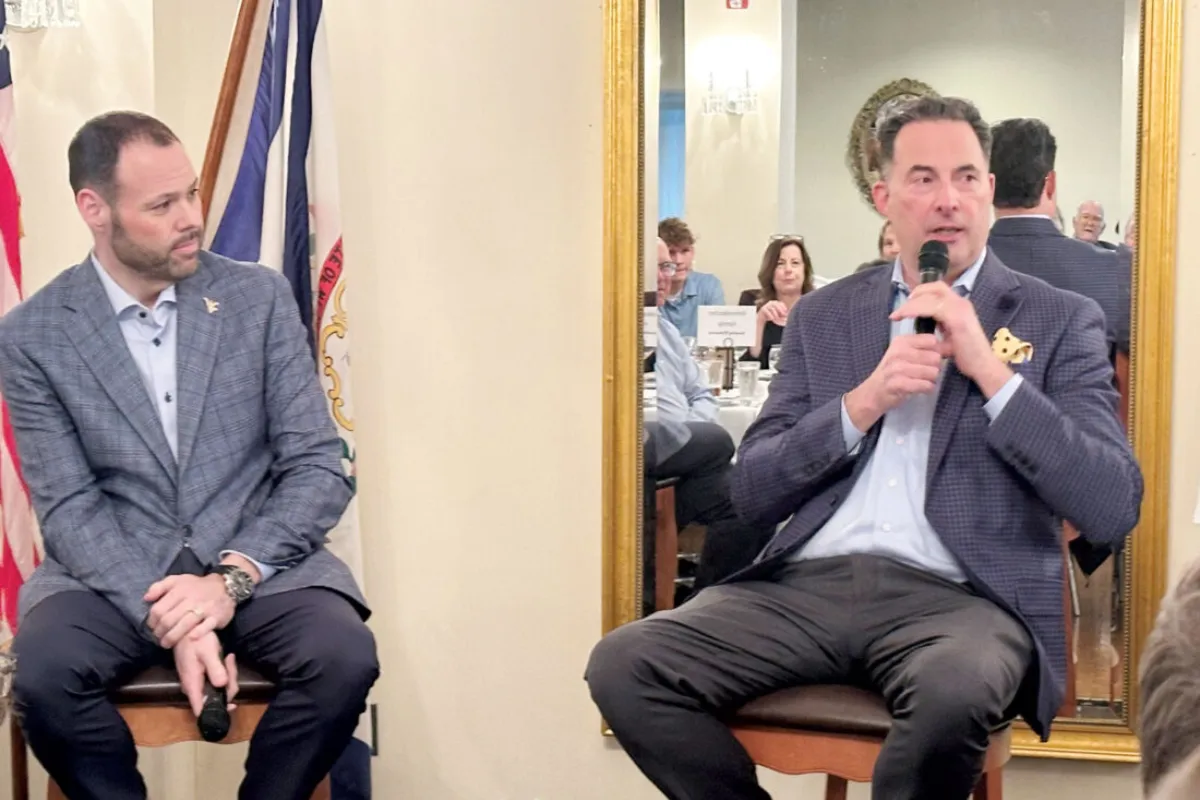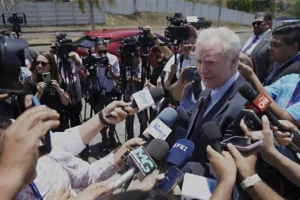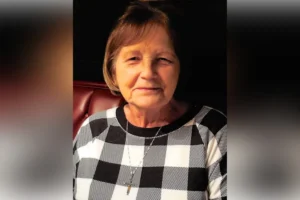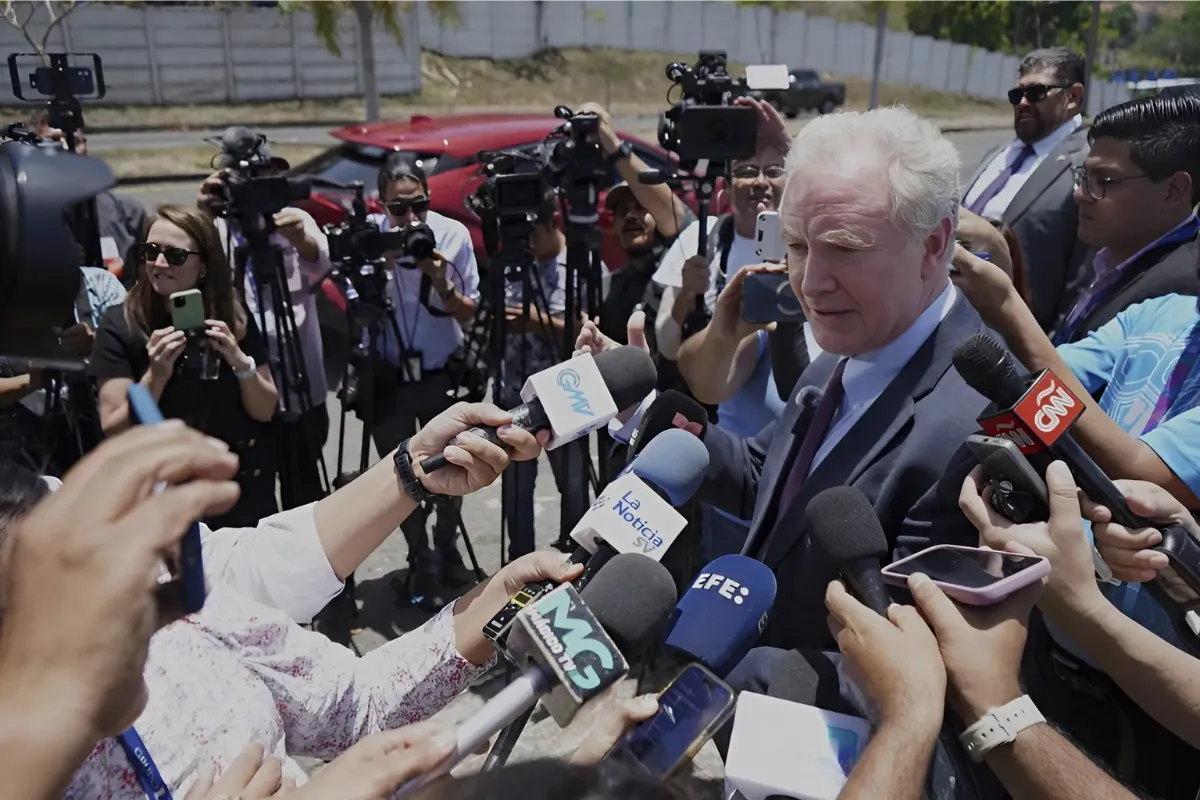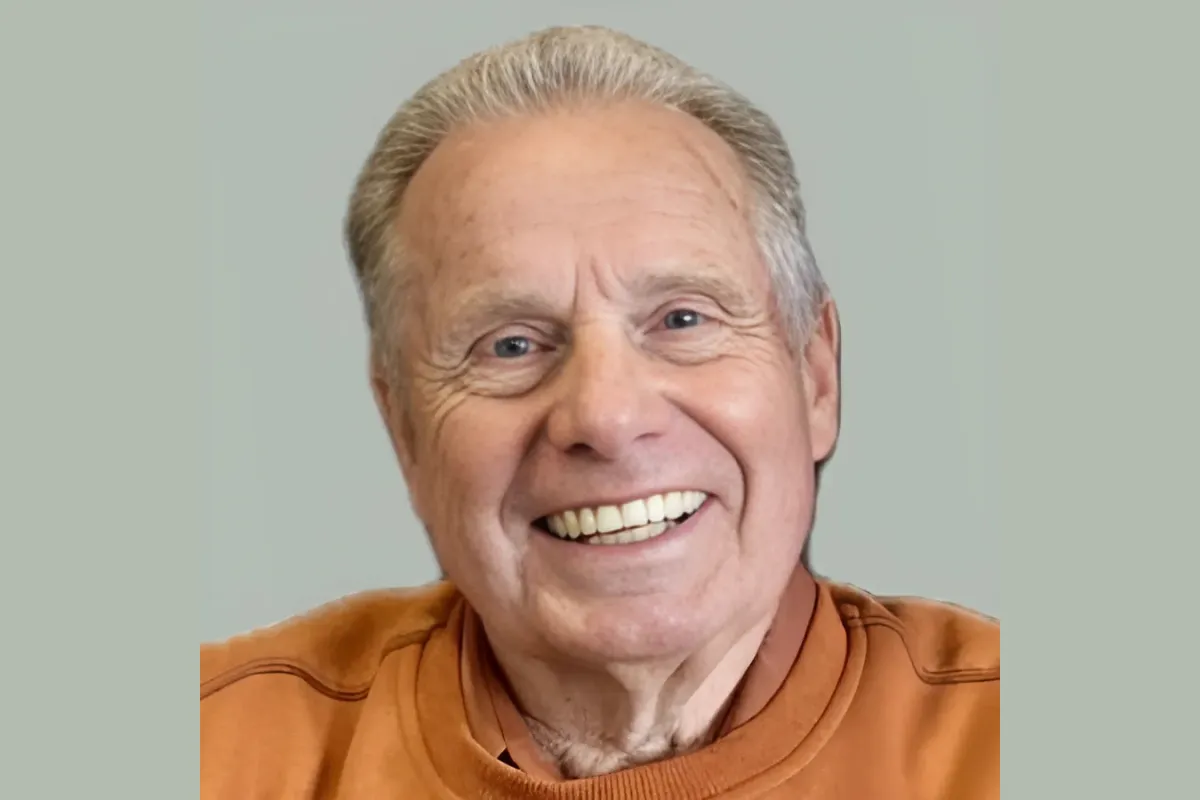West Virginia University’s athletic department has weathered its fair share of turbulence lately, but according to Athletic Director Wren Baker and longtime Mountaineers broadcaster Tony Caridi, the skies are finally beginning to clear.
Speaking Thursday night at the 56th annual Kootaga District of the Buckskin Council Boy Scouts of America Community Leadership Dinner at the Parkersburg Country Club, Baker and Caridi gave a candid look behind the scenes at recent changes in WVU athletics and what lies ahead.
“Things are starting to kind of fall into place – I think that’s a good way to say it,” said Caridi, who served as emcee for the event. “Certainly there has been unexpected turbulence. Sometimes you get on a plane and the pilot warns you about rough air ahead. But in our case, it just hit you.”
That turbulence included the surprise departure of men’s basketball coach Darian DeVries, who left WVU for Indiana after just one season. His exit caught the athletic department off guard, forcing Baker to quickly begin another coaching search. Fortunately, Baker didn’t have to look far.
Ross Hodge, former North Texas head coach and Baker’s colleague during his time as the university’s athletic director, was tapped to take over the Mountaineers program. Hodge had built a strong résumé, leading North Texas to back-to-back NIT appearances, and was already familiar with Baker’s vision.
“Hodge is doing a great job coming in here and immersing himself in the community,” Baker said. “Darian did a good job here, but I was disappointed when he rolled out after just a year. We invested so much in that process. This time, I wanted someone with commitment and the ability to coach – and Ross is a perfect fit.”
Meanwhile, on the football side, the return of Rich Rodriguez has sparked excitement—and some healing. Rodriguez, who left WVU in 2007 for Michigan under controversial circumstances, is back as head coach after the firing of Neal Brown.
“Rich loves this state – it’s his state, it’s his school,” Baker said. “Leaving was hard for him, and for a lot of people. But he’s come back with a deep sense of responsibility to do things right. I knew he could coach, but the question was whether people could move past what happened. After his press conference and recent interviews, I think the answer is yes.”
In addition to the high-profile coaching changes, WVU is making national strides in several other sports. The university’s rifle team remains dominant with multiple national titles, the men’s soccer team finished as NCAA runners-up last fall, and women’s basketball under Mark Kellogg is now a Top 20 program. The baseball team also transitioned smoothly to a new coaching era.
Despite these successes, one major challenge remains: staying competitive in the evolving landscape of college athletics, especially when it comes to NIL (Name, Image, and Likeness) deals.
Baker recently traveled to Washington D.C. to push for legislation that would help WVU and other state universities offer more robust NIL opportunities to athletes. Alongside Rodriguez, he also spoke before the West Virginia State Senate to support two bills, HB2576 and HB2595, aimed at improving NIL flexibility. Unfortunately, both bills were deferred on Thursday.
Still, Caridi sees promise in the new environment.
“It’s easier than ever to build a team now because of the transfer portal and NIL,” he said. “You can literally create a winning roster in one offseason. North Texas did it last year—seven transfers, three freshmen, 27 wins. WVU’s team last year was put together quickly and still managed 19 wins. They should’ve made the NCAA Tournament.”
Caridi added that this new flexibility gives coaches like Hodge and Rodriguez a chance to build competitive teams much faster than in the past, where it might have taken two or three years to see results.
To wrap up the evening, Caridi and Baker flipped the script and opened the floor to a first-of-its-kind audience Q&A. Though most of the exchange stayed off the record, one question did make it to print: Baker’s favorite color.
Without hesitation, Baker smiled and answered, “Old Gold and Blue.”
For Mountaineer Nation, that says it all.
